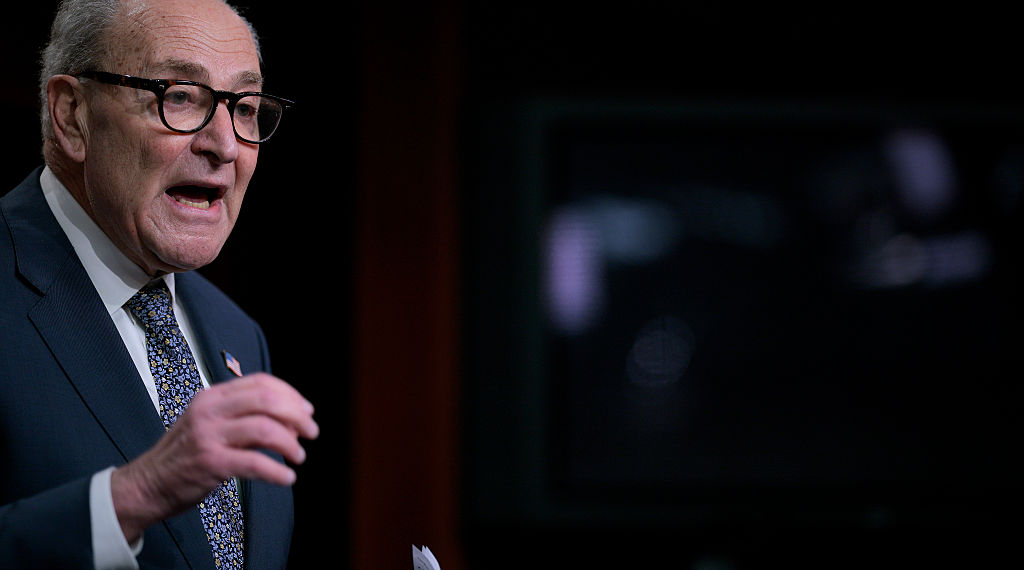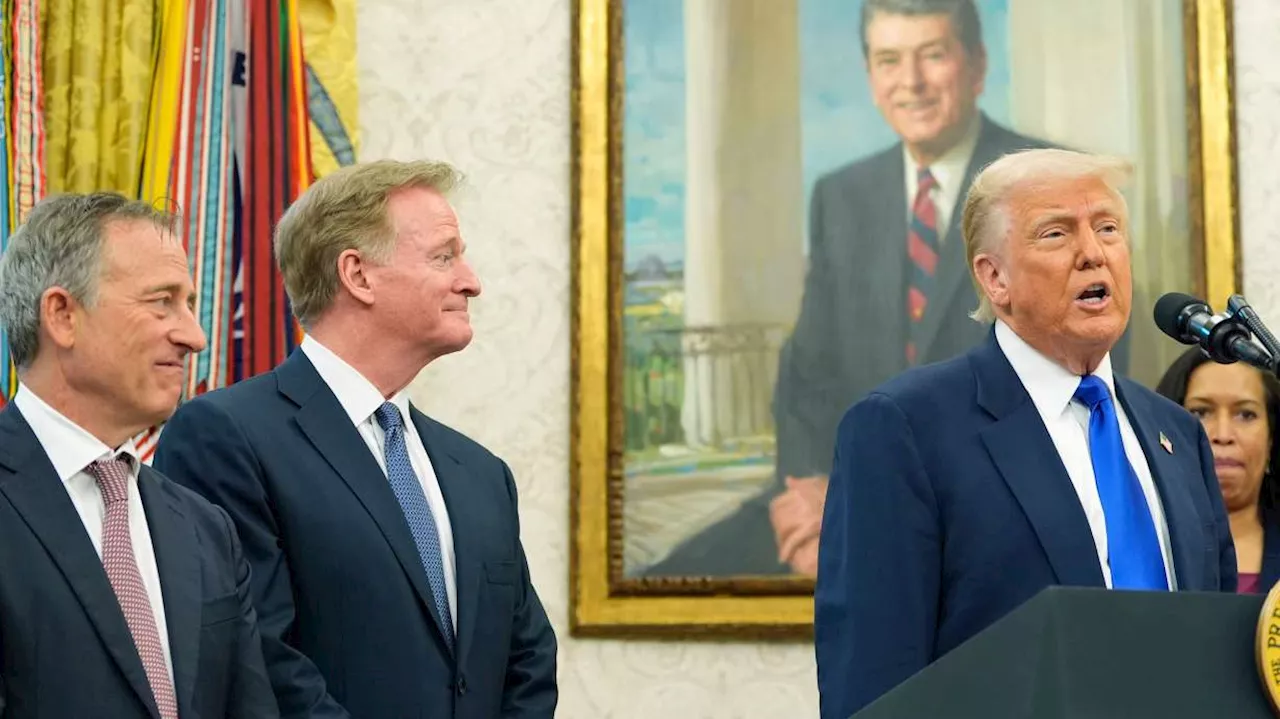UPDATE: Senate Democrats have just blocked a Republican-led measure to reopen the federal government for the 14th time, pushing the ongoing shutdown into unprecedented territory. As of today, the shutdown has reached a staggering 35 days, officially making it the longest in U.S. history, surpassing the previous record set in 2019.
The implications are significant as this stalemate highlights a severe divide over health care policies and budget priorities. Senate Majority Leader Chuck Schumer, D-N.Y., accused Republicans and President Donald Trump of exacerbating the crisis, stating, “The only plan Republicans have for healthcare seems to be to eliminate it, and then to tell working people to go figure it out on their own. That’s not a healthcare plan. That’s cruel.”
Despite Schumer’s firm stance, signs of fatigue are becoming apparent within the Democratic caucus. Reports indicate that nearly a dozen Senate Democrats met privately last night to explore potential solutions to end this protracted impasse. Meanwhile, Senate Minority Leader John Thune, R-S.D., expressed cautious optimism, noting that while the shutdown may end soon, he doubts a resolution will arrive before the week’s close. “The pressures…are great,” Thune remarked. “But I think there are people who realize this has gone on long enough and that there’s been enough pain inflicted on the American people. It’s time to end it.”
Republicans have presented multiple proposals, including a commitment to vote on the expiring Obamacare subsidies once the government reopens. However, with the current continuing resolution set to expire on November 21, lawmakers are rapidly running out of time. Some members are considering extending the resolution into December or January to avoid another government shutdown, while others are advocating for a smaller “minibus” of spending bills.
Senator Mike Rounds, R-S.D., who has been engaged in bipartisan discussions, remarked, “They can stop all this with one vote and get back to work on a bipartisan basis.” Additionally, Senator Lisa Murkowski, R-Alaska, has suggested a two-year extension of the Obamacare subsidies as a potential compromise, although she acknowledged the difficulty of enacting meaningful reforms at this stage.
Frustrations are also mounting over President Trump’s lack of engagement in the negotiations. He has refused to meet with Schumer and House Minority Leader Hakeem Jeffries, D-N.Y., until the government reopens, instead urging Republicans to eliminate the Senate filibuster to push through their agenda. Senator Andy Kim, D-N.J., criticized Trump’s absence, saying, “If he’s got time to tweet, he’s got time to just come and talk to us.”
As this shutdown continues, public frustration is palpable on both sides, yet neither party appears ready to budge. The next steps are crucial as the clock ticks toward November 21, with the American public anxiously watching for a resolution. The ongoing crisis is not just a political standoff; it’s affecting millions of Americans who rely on government services and healthcare support, amplifying the urgency for lawmakers to find a solution. Stay tuned for further updates as this situation develops.







